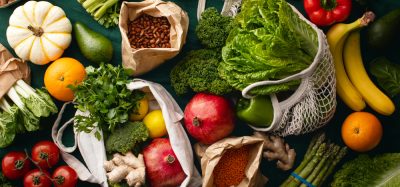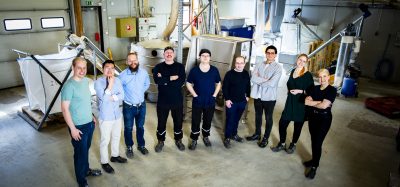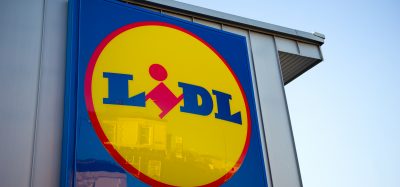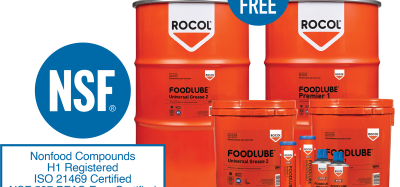E. coli O157:H7 vaccine for cattle to be trialled
- Like
- Digg
- Del
- Tumblr
- VKontakte
- Buffer
- Love This
- Odnoklassniki
- Meneame
- Blogger
- Amazon
- Yahoo Mail
- Gmail
- AOL
- Newsvine
- HackerNews
- Evernote
- MySpace
- Mail.ru
- Viadeo
- Line
- Comments
- Yummly
- SMS
- Viber
- Telegram
- Subscribe
- Skype
- Facebook Messenger
- Kakao
- LiveJournal
- Yammer
- Edgar
- Fintel
- Mix
- Instapaper
- Copy Link
Posted: 27 September 2019 | Sam Mehmet (New Food) | No comments yet
The trial hopes to commercially develop an E. coli O157:H7 vaccine for cattle, which could prevent life-threatening illnesses in humans.
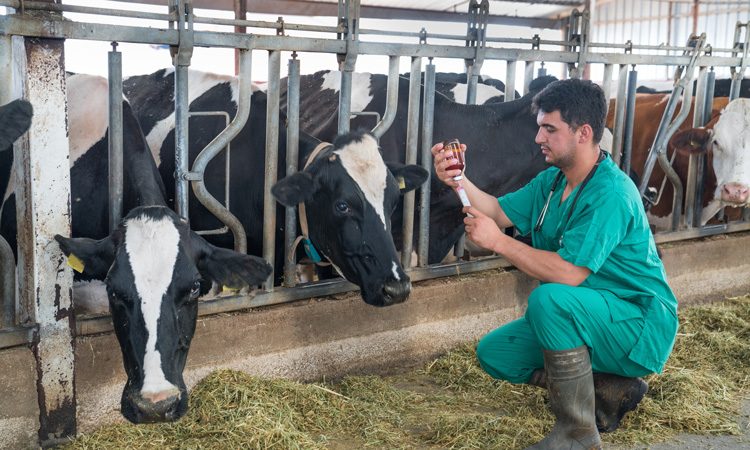

Roslin Technologies has signed an agreement with animal sciences research establishments Moredun Research Institute, Scotland’s Rural College and the Roslin Institute at the University of Edinburgh, to fund the commercial development of an E. coli O157:H7 vaccine for cattle.
E. coli O157:H7 is a pathogenic bacterium of cattle which can cause life-threatening foodborne illness in humans through the consumption of contaminated products such as dairy products and meat.
Despite efforts to reduce contamination of food, E. coli O157:H7 causes up to 10 cases per every 100,000 people, with certain countries, including the UK, USA, Argentina, and Sweden, experiencing more virulent strains.
The experimental vaccine has been developed to limit E. coli O157:H7 shedding from, and transmission between, cattle. Although the bacteria does not harm the cattle, farmers will be encouraged to vaccinate animals against infection and this new vaccine should enable this to be done cost-effectively. Early results have indicated that the vaccine may be more effective than other previous attempts and have a greater impact in reducing human exposure and infection.
“In order to be granted a licence, you have to show positive results from large scale trials, and particularly for this vaccine, prove it works in the US feedlot system. E. coli O157:H7 is prevalent in the US, as well as parts of South America and Europe, including the UK, but the biggest market for this vaccine is in the US and South America,” explained Dr Tom McNeilly from Moredun Research Institute.
“To be commercially viable,” he added, “one has to show the vaccine works in their systems. We have a collaboration with the US Department of Agriculture (USDA), and they have agreed to run a field trial in Nebraska with the help of Roslin Technologies.”
Roslin Technologies will perform a two-step validation trial in 2020. The field trials will examine super-shedding in cattle (the passing of large volumes of bacteria in faeces) to discover whether the vaccine prevents shedding of the bacteria and is viable for commercial use.
Related topics
Contaminants, Food Safety, Health & Nutrition, Mycotoxins, Outbreaks & product recalls, Pathogens, recalls, Research & development, The consumer
Related organisations
Moredun Research Institute, Roslin Institute at the University of Edinburgh, Roslin Technologies, Scotland’s Rural College




